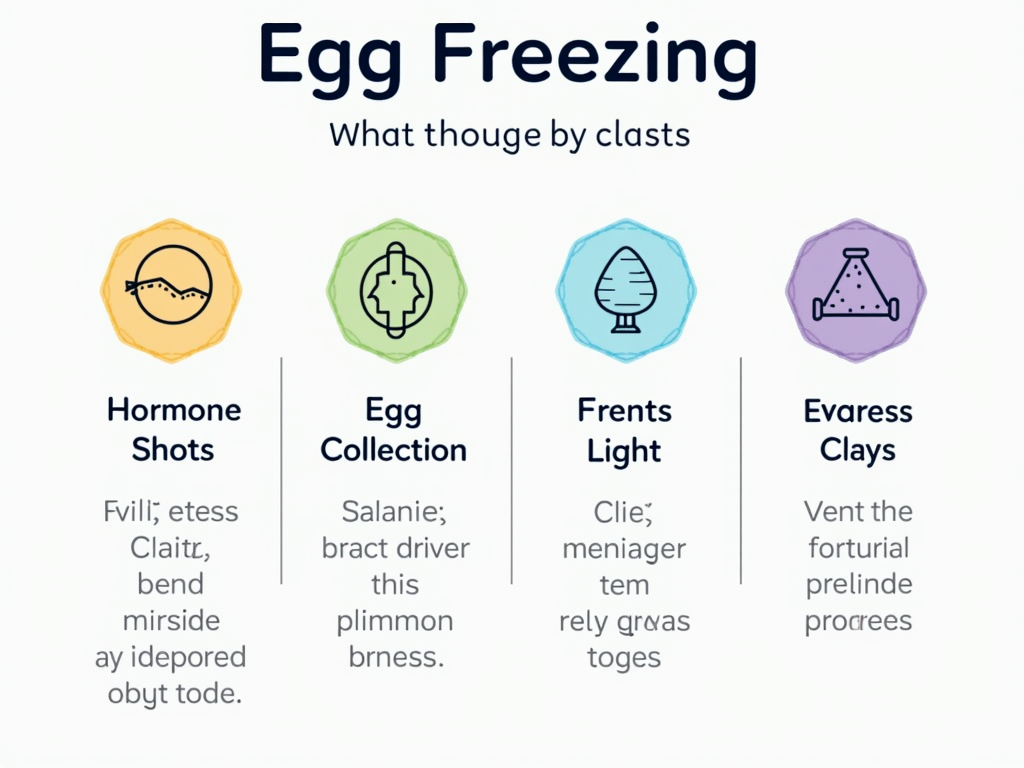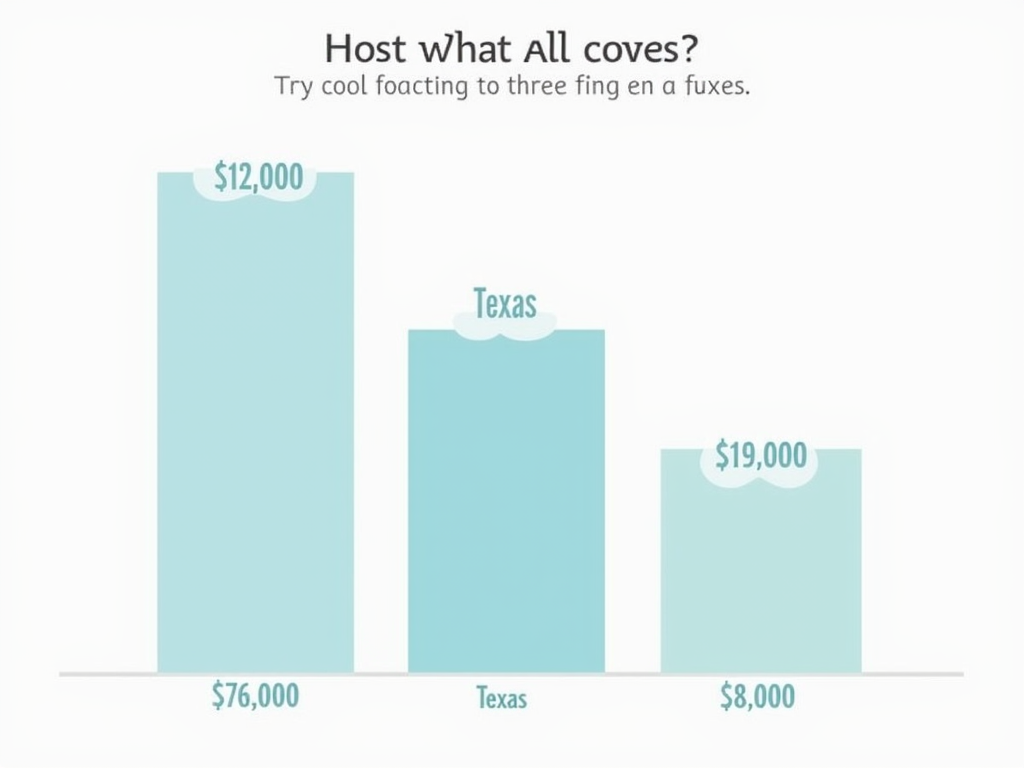Understanding the Cost of Egg Freezing for Fertility Preservation
April 4, 2025, 5:24 p.m.
Egg freezing offers women a way to preserve their fertility for the future. Whether due to medical needs, career goals, or personal timing, this process can provide peace of mind. But the cost of egg freezing for fertility preservation is a big factor to consider. Let’s break it down.
What Is Egg Freezing?
Egg freezing, or oocyte cryopreservation, is a process where a woman’s eggs are collected and frozen for later use. Doctors give hormone shots to boost egg production. Then, they retrieve the eggs in a quick procedure and freeze them. Later, these eggs can be thawed and used in IVF to try for a pregnancy.

Why People Choose Egg Freezing
Women freeze their eggs for different reasons:
- Medical Needs: Treatments like chemotherapy can harm fertility. Freezing eggs beforehand keeps future options open.
- Career Focus: Some want to build their careers or finish school without rushing to have kids.
- Personal Timing: Others aren’t ready for a family yet but want to plan ahead.
It’s about taking control of your fertility preservation.
How Much Does Egg Freezing Cost?
The cost of egg freezing for fertility preservation varies. Here’s a breakdown:
- Consultation: $200–$500 to meet with a specialist.
- Medications: $3,000–$5,000 for hormone shots.
- Egg Retrieval: $5,000–$10,000 for the procedure.
- Freezing and Storage: $1,000 to start, plus $500–$1,000 yearly.
Total? Expect $10,000–$15,000 for one cycle, not counting storage.

What Affects the Cost?
Several things can change fertility preservation costs:
- Where You Live: Big cities often mean higher prices.
- Clinic Quality: Top clinics with great success rates may charge more.
- Your Health: If you need extra meds or steps, costs rise.
- Cycle Count: One round might not be enough, doubling the price for some.
It’s not one-size-fits-all.
Does Insurance Help?
Insurance coverage for egg freezing depends. If it’s for a medical reason—like cancer—it might be covered. For personal choice, it’s usually not. Check your plan to be sure. Some clinics offer payment plans to spread out the cost. Plus, a few employers now include fertility preservation in benefits. Look into that too!

Real Stories from Real People
Sarah, a 32-year-old from Chicago, froze her eggs last year. “I wasn’t ready for kids, but I didn’t want to lose my chance,” she said. “It cost me $11,000, but the clinic let me pay over time. It felt like buying future security.”
Emily, 28, faced cancer. “My insurance paid most of it because of chemo,” she shared. “It was a lifeline for me.”
These experiences show how personal—and different—the journey can be.
Is It Worth the Cost?
The price tag is big, no doubt. But for many, it’s about more than money. It’s hope, options, a backup plan. Think about your goals. Are you fighting infertility? Planning ahead? A fertility doctor can help you weigh it out. The American Society for Reproductive Medicine has great resources to dig deeper.

Tips to Manage Costs
Here’s how to make it work:
- Shop Around: Compare clinic prices in your area.
- Ask About Discounts: Some offer deals for multiple cycles.
- Check Benefits: See if your job covers fertility preservation costs.
- Save Up: Start a small fund early if you’re thinking ahead.
Planning can ease the sting.
The Process Up Close
Wondering what it’s like? First, you’ll get daily shots for about two weeks. Then, a doctor uses a needle to collect eggs while you’re sedated—it takes 20 minutes. After, the eggs go into a deep freeze. Years later, they can be thawed for IVF. Success isn’t guaranteed, but freezing young, healthy eggs boosts the odds.

Hidden Costs to Watch For
Don’t forget these extras:
| Item | Cost Range |
|---|---|
| Extra Medications | $500–$1,500 |
| Monitoring Visits | $500–$1,000 |
| Thawing/IVF Later | $5,000–$10,000 |
Storage adds up too—$500 a year means $5,000 over a decade. Factor that in.
Summary
Egg freezing is a powerful tool for fertility preservation. Costs typically run $10,000–$15,000 per cycle, depending on location, clinic, and your health. Insurance might help for medical cases, but payment plans can ease the load otherwise. Real stories show it’s a big decision—financially and emotionally—but one that offers hope for the future.